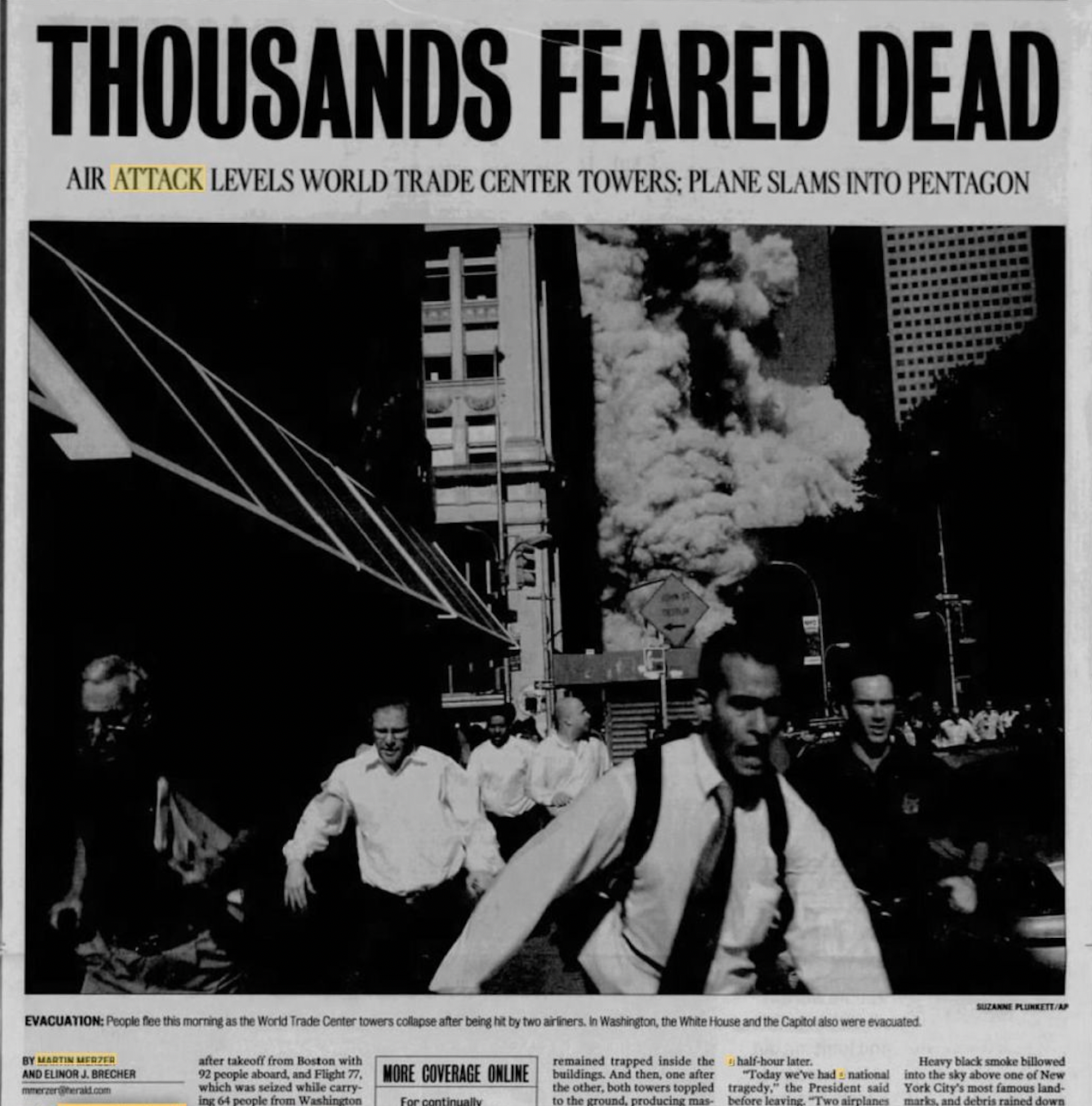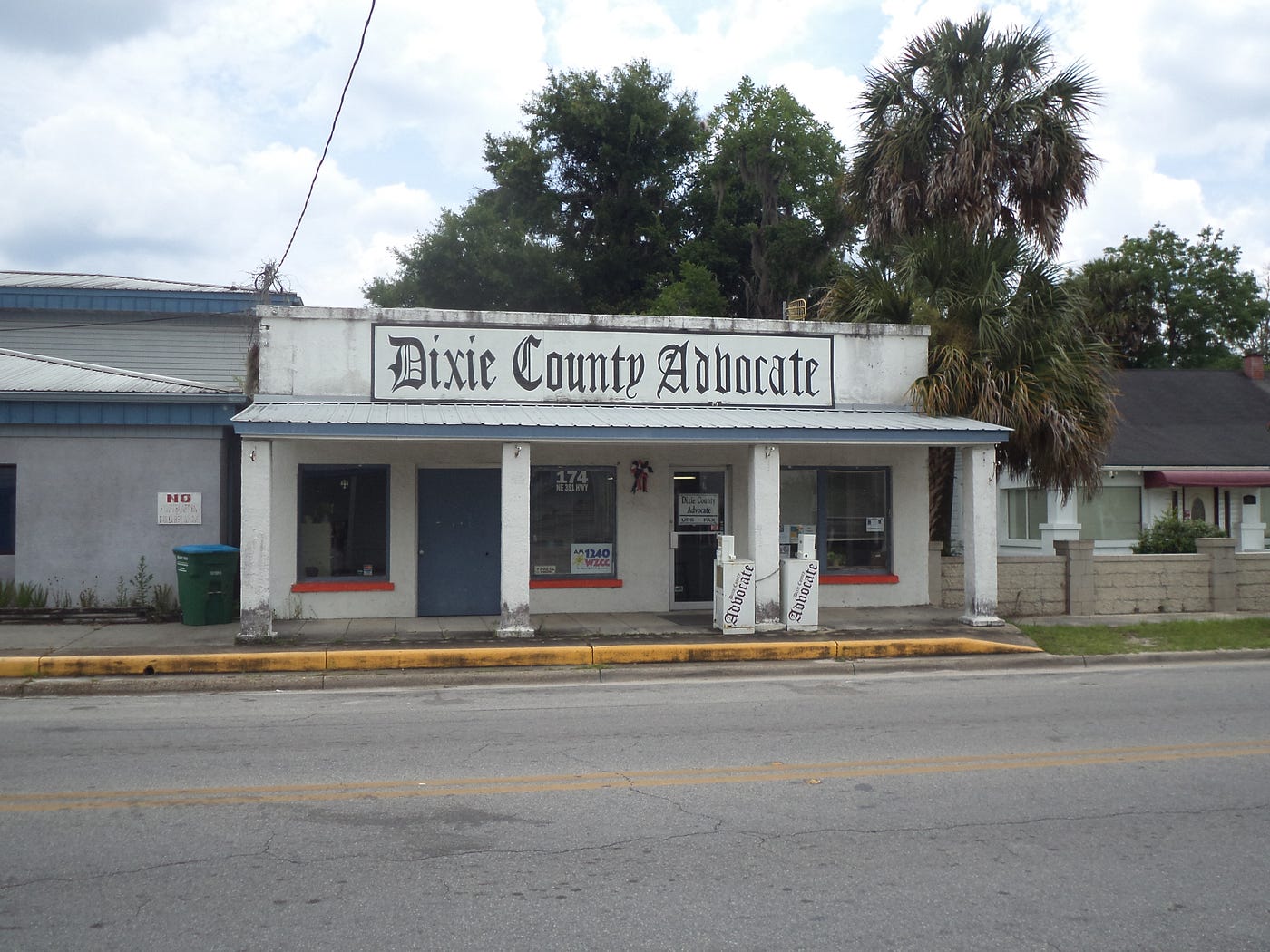I’m hoping you’ll read every word of the incredible backstory by #martymetzer of how the Miami Herald covered the nation’s most epic human tragedy story of the last two decades.
Something we tend to forget when hurricanes or terrorism or epidemics or crime or war bear down on us — journalists double-down on dedication in pulling together the most comprehensive data possible while still being affected directly by the event. It’s a tough vow to cover the story and yet not become the story itself.
“This is the only story I ever wrote that made me cry.” — Marty Metzer, Miami Herald Senior Writer
I think we see less of that today, where thinly defined journalists seek as much attention for themselves as they do for the story they are assigned or, in case of investigative journalism, seek out. Marty’s is a back story you’ll rarely ever get to read. So, I’m grateful he put it out there.
I have two observations, inspired by Marty’s post:
First: It’s crucial to have journalists on the ground when a story breaks at a national level; indeed #elinorbrecher was in NY for a fashion story and ended up sharing a byline with Marty and becoming a most valuable resource once communication was restored. It’s costly to do so. I worked for years at the Miami Herald and other Knight-Ridder papers and it’s times like this that newspapers usually spared no cost in getting the data and resources to get that rare Extra Edition out the door. They’d do it with the dedication and reverence of a surgeon holding the beating heart of nation’s open chest wound in their hands; the press can’t half-ass the coverage of a people held hostage to its own stunned grief, panic and fear. And all this unimaginable professionalism pulled off in 90 minutes. But Marty tells it better, so read it from him, please.
Here’s the Second Thing: It’s also imperative to have local newsrooms and independently funded journalists on the ground living and working in the cities and small towns — at the ready, all the time. Corrupt officials, crime rings and addiction-driven drug activity grow like mold in the dark crevices of counties and states when a weak or worried citizenry thinks there is nothing that can be done, or has no idea it’s happening in the first place.
Michael Rivera, CC BY-SA 4.0
Want to get educated on how to prevent mass corruption at the national level? Start with your own hometown. Join a local committee, attend a town council meeting. Seek out local journalists and news sources and support them, connect with them, inform them. Be a source of light, throw some bleach on that mold.


